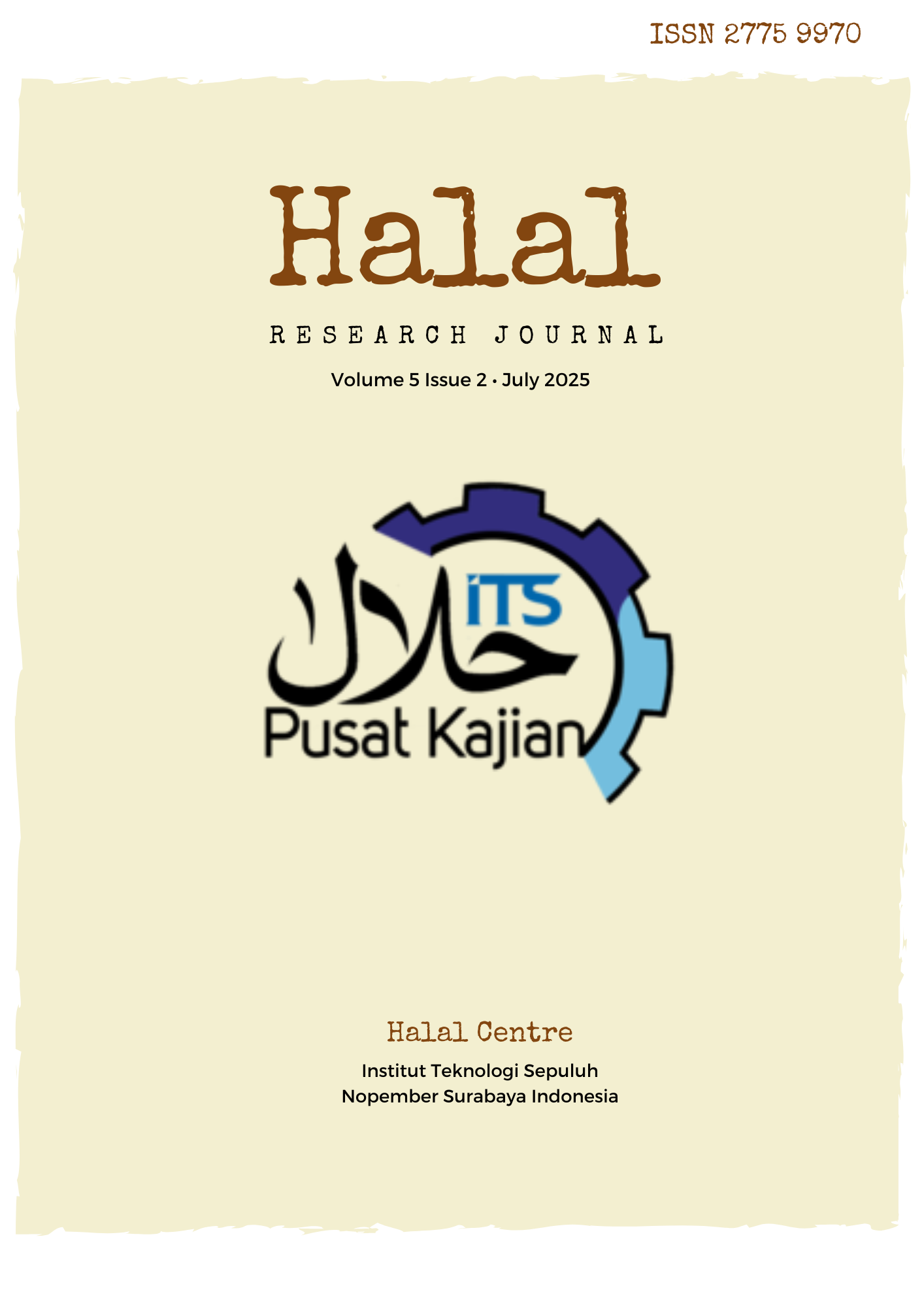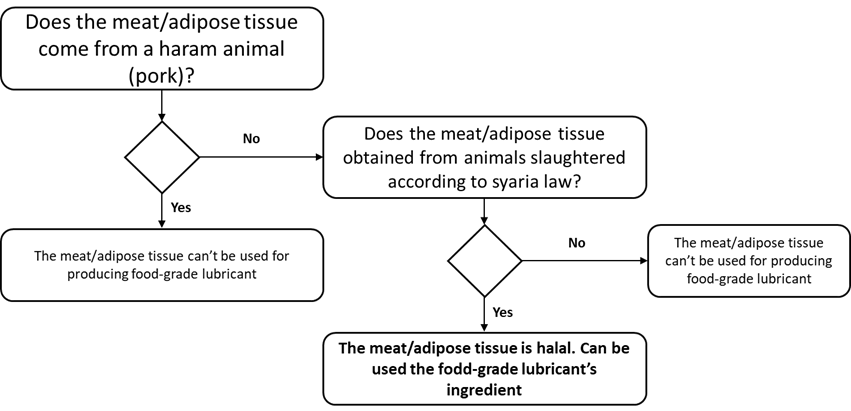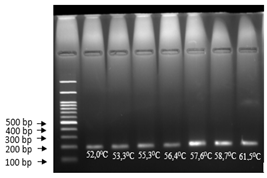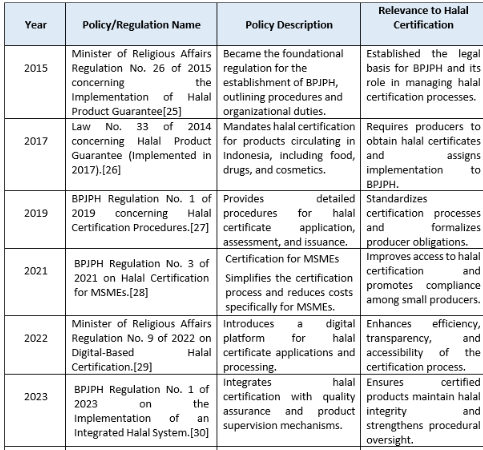It is with great pleasure that the Halal Research Journal presents its latest issue, highlighting recent advancements and interdisciplinary perspectives in halal science, policy, and market studies. This issue features contributions from researchers in Indonesia and beyond, with insightful reviews conducted by expert reviewers from Indonesia and Malaysia. The collective works presented here reflect the journal’s continued commitment to promoting excellence, innovation, and integrity in halal research.
The first article, “A Halal-Haram Studies: Food-Grade Lubricants in the Food Industry”, examines the crucial role of halal compliance in food-grade lubricants. The study explores how raw materials, production processes, and microbial contamination influence the halal or haram status of lubricants. It also highlights national efforts, such as those by PT Pertamina, in developing halal-certified lubricants that meet SNI 99004-2021 standards.
The second paper, “Optimization of Authentication Methods for Processed Chicken Meat Products Based on ND5 Gene qPCR”, focuses on improving molecular testing methods for food authentication. By optimizing qPCR conditions, this research enhances the reliability of detecting chicken content in processed foods such as nuggets, ensuring both authenticity and compliance with Indonesian standards.
In “Comparative Study of DNA Extraction Methods for Halal Food Testing: Advantages, Disadvantages, and Recommended Methods”, the authors compare several DNA extraction techniques outlined in RSNI3 ISO 21571:2005. The study offers critical insights into selecting the most effective and economical methods for halal verification, serving as a practical guide for laboratories and the food industry.
The fourth article, “Policy Evaluation of the Halal Product Guarantee Agency (BPJPH): Impact on Producer Compliance”, evaluates the effectiveness of halal certification policies in Indonesia. The study underscores BPJPH’s efforts in enhancing producer compliance, particularly among MSMEs, through regulatory simplification, cost reduction, and awareness-building in accordance with Law No. 33 of 2014.
The final contribution, “Halal Food Market Segmentation in New Zealand: New Opportunities for Indonesian Halal Food—A Systematic Literature Review (SLR)”, provides a global perspective by exploring the growing halal market in New Zealand. Through systematic analysis, the paper identifies potential market segments and strategies that could strengthen Indonesia’s halal food industry presence in the international arena.
Together, these studies represent significant progress in addressing the scientific, regulatory, and market challenges of the halal ecosystem. The Halal Research Journal extends sincere appreciation to all authors and reviewers for their dedication and contributions. It is hoped that this issue will inspire continued research collaboration and the development of innovative solutions in the global halal landscape.
DOI: https://doi.org/10.12962/j22759970.v5i2
Published: 2026-01-19




